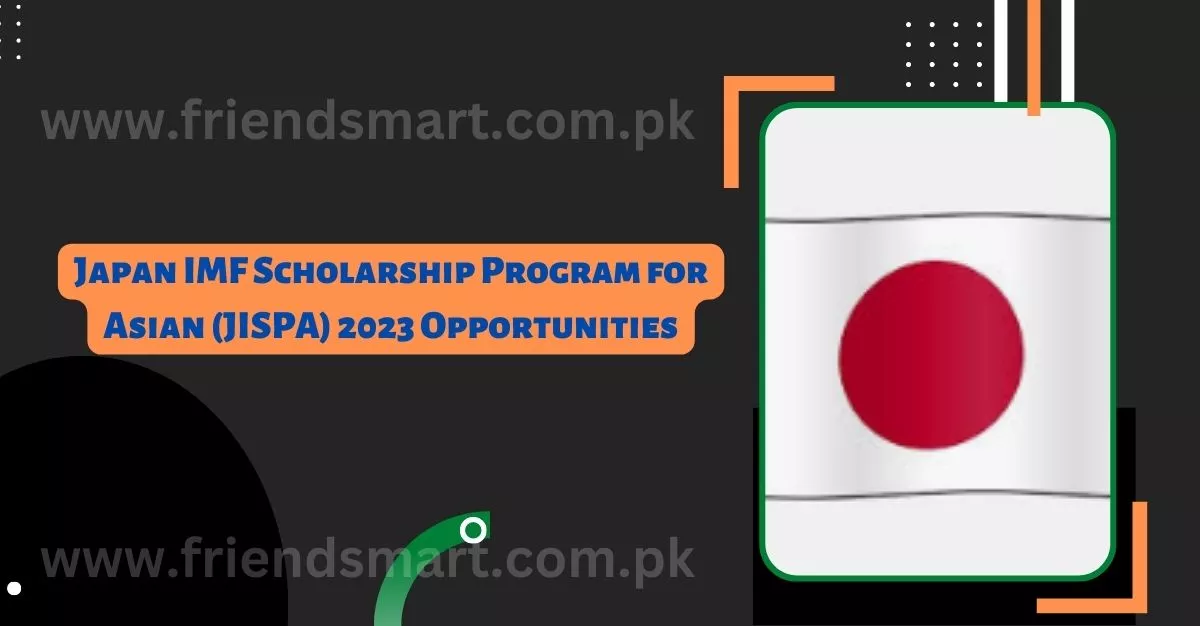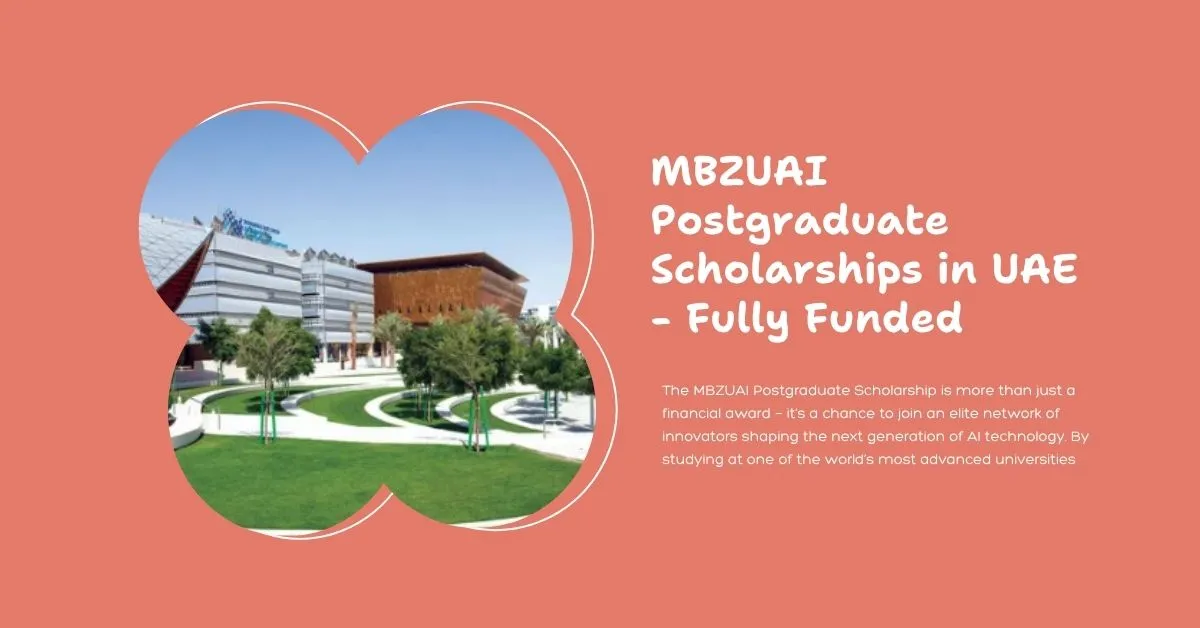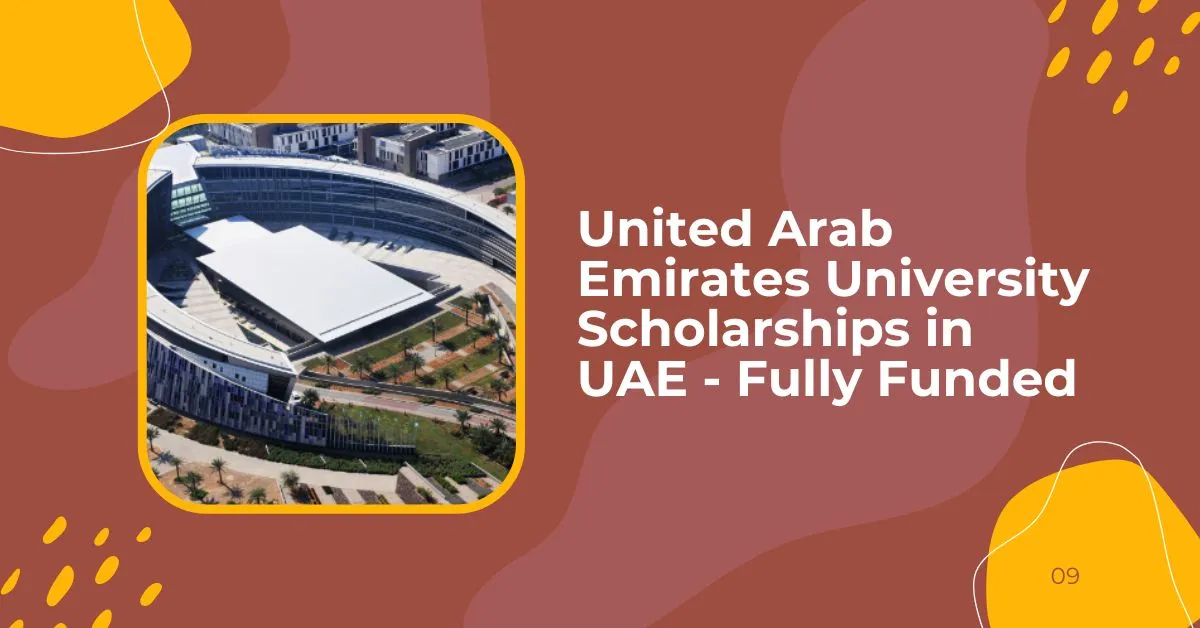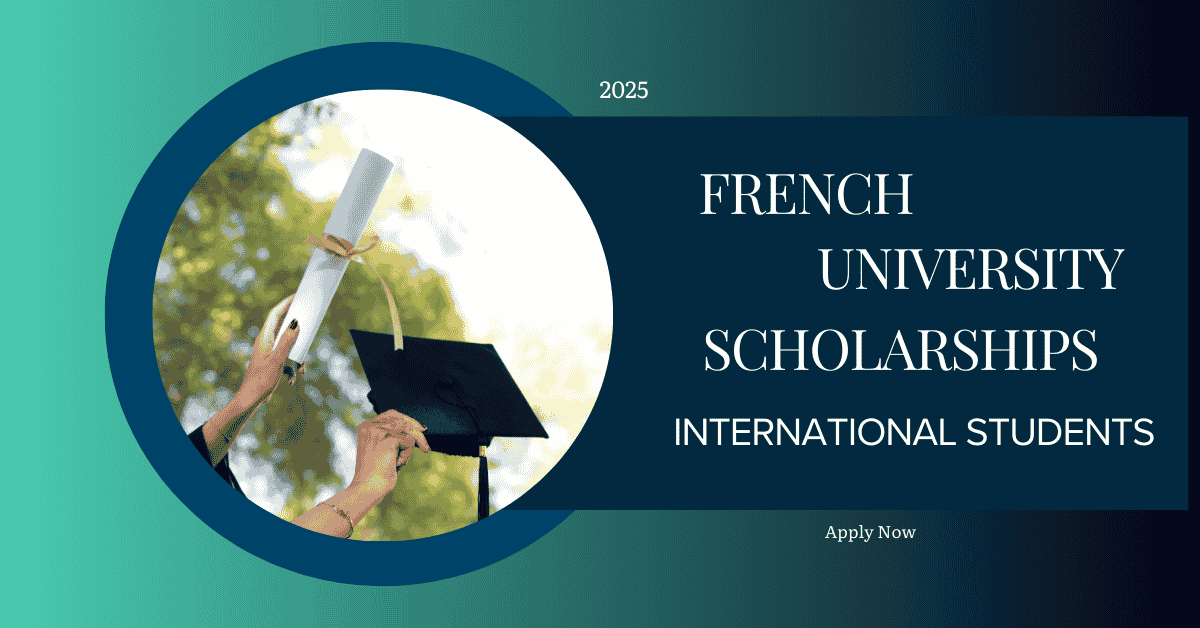Japan IMF Scholarship Program for Asian (JISPA) 2023 Opportunities: The scholarship covers Masters and PhD-level courses in economics and public policy offered by universities in Japan, including the University of Tokyo, the International University of Japan, Hitotsubashi University, and the National Graduate Institute for Policy Studies. The scholarship application deadline is June 1, 2023.
Leading Japanese universities that provide graduate programs in macroeconomics or related subjects are supported by the Japan-IMF Scholarship Program for Asia (JISPA). In order to strengthen their capacity in economic policy making and support sustainable growth and development in their own countries as well as the region, it offers educational opportunities to promising junior officials from central banks, ministries of finance, and other economic agencies in the Asia-Pacific region.
The International Monetary Fund’s Regional Office for Asia and the Pacific (OAP) oversees the 1993-launched project, which is supported by the Government of Japan (IMF).
Since its beginnings, more than 840 officials have graduated, and many of its former students now play significant roles in national policy.
The Significance of JISPA
The Japan IMF Scholarship Program for Asia (JISPA) is a key part of making Japan’s and other Asian countries’ economies stronger. Its goal is to give qualified candidates an advanced education and training that will give them the skills they need to help their home countries’ economies grow.
Objectives of JISPA
The main goals of JISPA 2023 are the following:
Promoting Economic Stability
The goal of JISPA is to make Asian economies more stable by giving scholars a deep knowledge of economic policies, financial systems, and international monetary relations.
Encouraging Bilateral Cooperation
The program encourages Japan and Asian countries to work together, which helps build mutual knowledge and diplomatic ties.
Developing Human Capital
The goal of JISPA is to develop human capital by exposing scholars to the latest study and best practices in economics and finance.
Supporting Sustainable Development Goals
The program is in line with the Sustainable Development Goals (SDGs) of the United Nations. It focuses on things like reducing poverty, equal rights for men and women, and economic growth for everyone.
Also Visit: Master’s And MBA Scholarship Netherlands at Budapest Fully Funded
College Degree:
It is possible to register for Masters and Ph.D. providing products through the Japan IMF Scholarship Program for Asia (JISPA) 2023 at universities in Japan, including the University of Tokyo, the International University of Japan, Endeavor University, and the National Graduate Institute for Policy Studies.
Available topics
These are the subjects that are eligible for study through this scholarship fund.
Public Policy and Economics
Benefits of a scholarship
The majority of the scholar’s living expenditures as well as tuition-related charges are covered by the award.
Benefits comprise:
- full admittance to the university and tuition costs
- Monthly living expenses and a research-related allowance
- medical protection
- a round-trip ticket and a travel budget
- Tuition for the Orientation Program (partnership track only)
- costs for yearly field trips (partnership track only)
- Computer/software budget (only for masters degrees)
- Expenses associated with research, such as travel costs and conference registration fees (open-track PhD program only)
The accompanying family members of the scholar are not reimbursed for any costs. JISPA scholars are not permitted to take any other scholarships.
Nationalities eligible:
An applicant must fulfill the requirements listed below[1] in order to be eligible for the scholarship:
- A citizen of one of the following nations Maldives, Mongolia, Nepal, Pacific Island Countries, Papua New Guinea, Philippines, Sri Lanka, Tajikistan, Thailand, Timor-Leste, Turkmenistan, Uzbekistan, Bangladesh, Bhutan, Cambodia, India, Indonesia, Kazakhstan, Kyrgyz Republic, Lao P.D.R., Malaysia, Maldives, Mongolia, and Nepal.
- working for a central bank, a ministry of economics, a ministry of finance, or an institution in charge of financial regulation the Bachelor’s degree
- speaks English well
Additionally, candidates must be enrolled in, accepted into, or submit an application to a graduate economics institution in Japan in order to be considered for the open track.
Eligibility requirements
Scholarships are given out based on a candidate’s academic performance, professional experience, aptitude for math and statistics, command of the English language, and the likelihood of making a contribution to their countries’ macroeconomic, financial, and economic development. Additionally, traits like a candidate’s dedication to serving the public and their openness to new ideas are evaluated. Regional and gender balance are also taken into account when making the final decision.
Application Technique:
Conclusion
The Japan-IMF Scholarship Program for Asians (JISPA) 2023 is a great chance for young workers from Asian countries to learn more about economics and finance and improve their skills. JISPA helps the region’s economy grow and stay stable in a big way by promoting bilateral cooperation and building human capital. Scholars can use this program as a stepping stone to make a big difference in the sustainable growth of their home countries.
People Also Ask
Who sponsors the Japan IMF Scholarship Program for Asia (JISPA)?
The International Monetary Fund (IMF) and the Government of Japan work together to fund the scheme.
What are the main objectives of JISPA?
The main goals of JISPA are to support the Sustainable Development Goals (SDGs), urge bilateral cooperation, build human capital, and keep the economy stable.
What are the eligibility criteria for JISPA?
Scholarships are given out based on a candidate’s academic performance, professional experience, aptitude for math and statistics, command of the English language, and the likelihood of making a contribution to their countries’ macroeconomic, financial, and economic development. Additionally, traits like a candidate’s dedication to serving the public and their openness to new ideas are evaluated. Regional and gender balance are also taken into account when making the final decision.







